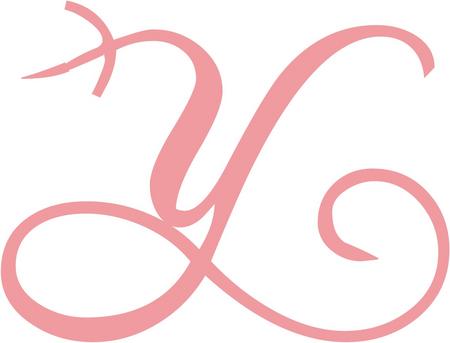Author:
Blog About:
The Gods are Bastards by D.D. Webb is a sword-and-sorcery Western. There are two trans characters among a large and diverse cast.
It’s set largely on the newly settled frontier of a continent-spanning empire in a secondary world with what seem at first to be the standard D&D-style set of sentient races (humans, elves, dwarves, drow, lizardfolk, etc.), but turn out to be more original than they first appear. (The dryads are particularly different from traditional portrayals of them.)
It’s an ongoing serial that updates very regularly, two or sometimes three times each week, with pretty substantial chapters. There is a large cast of characters, many of them with a fair number of scenes from their point of view, and a complex plot that seems to grow more complex over time. The main characters of the first few books are a class of college students, but more and more characters are introduced as the story progresses. At this point, each book is focusing on a subset of the characters, because there are too many for all of them to get a decent amount of attention in every book.
There are two trans characters introduced so far, Brother Ingvar, a trans man, and Rasha, a trans woman. Both seem like minor characters when first introduced, but Brother Ingvar at least becomes a major character later on, and Rasha has also had at least one POV scene, where she realizes she’s a woman. She was only introduced at the beginning of the current book (Book Eleven), and it’s too soon to know if she’ll be a major character in the epic as whole.
There is also some discussion about how trans people are treated by the different religions in this world. The author has put a lot of thought into the different religions and how several of them, despite great doctrinal differences, are semi-unified in an umbrella church organization, while others are outside it and considered “pagan”. It’s a world where the gods actively meddle in mortal affairs, and people don’t disagree about their existence, but about which of them are good role models to follow, which can be trusted to take decent care of their followers, etc. In early chapters I was dubious about this, thinking it looked like a Crystal Dragon Jesus — a religion with the exact same organizational structure as medieval Catholicism despite having totally different beliefs — but later on it gets more nuanced and believable.
A fair number of the characters are gay or bi, including basically all of the elves and fairies (except one asexual).
I recommend it highly to anyone who enjoys secondary-world fantasy.


Comments
"Secondary world"
What does "Secondary world" mean? Like alternate realities?
Dayna.
Secondary world
It's a standard term for fantasy stories set in a world other than our own. It's usually used for worlds radically different from ours, like Middle-Earth or Earthsea or Bas-Lag, rather than for worlds that are basically our own plus secret magic, like the Harry Dresden series or most of Tim Powers' stuff. It's orthogonal to the epic fantasy/sword and sorcery/fantasy of manners distinction.
---
http://www.smashwords.com/profile/view/trismegistusshandy
http://shifti.org/wiki/User:Trismegistus_Shandy
I am pleasantly and surprisingly impressed!
I have begun reading The Gods Are Bastards with little if any expectations. I didn't think I would be so entertained by the superb writing style of the author, nor the remarkable characters who are well defined by the end of the very first chapter... let alone by the paucity of spelling and useage errors!
I can see, now that I have begun, that this is going to be a great read, a wonderful ride, and a joy to experience. Thank you for the heads-up!
Catherine Linda Michel
As a T-woman, I do have a Y chromosome... it's just in cursive, pink script.